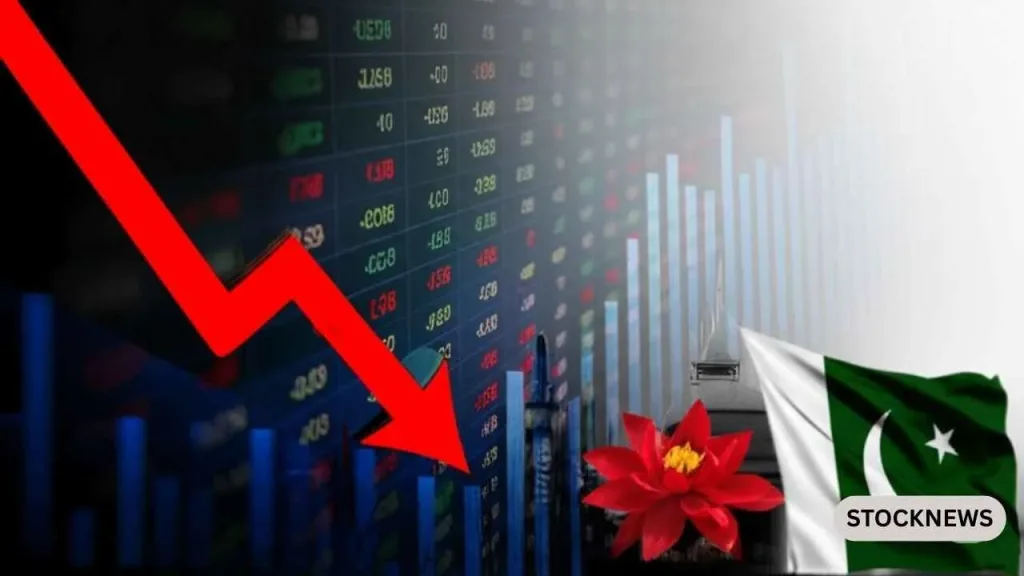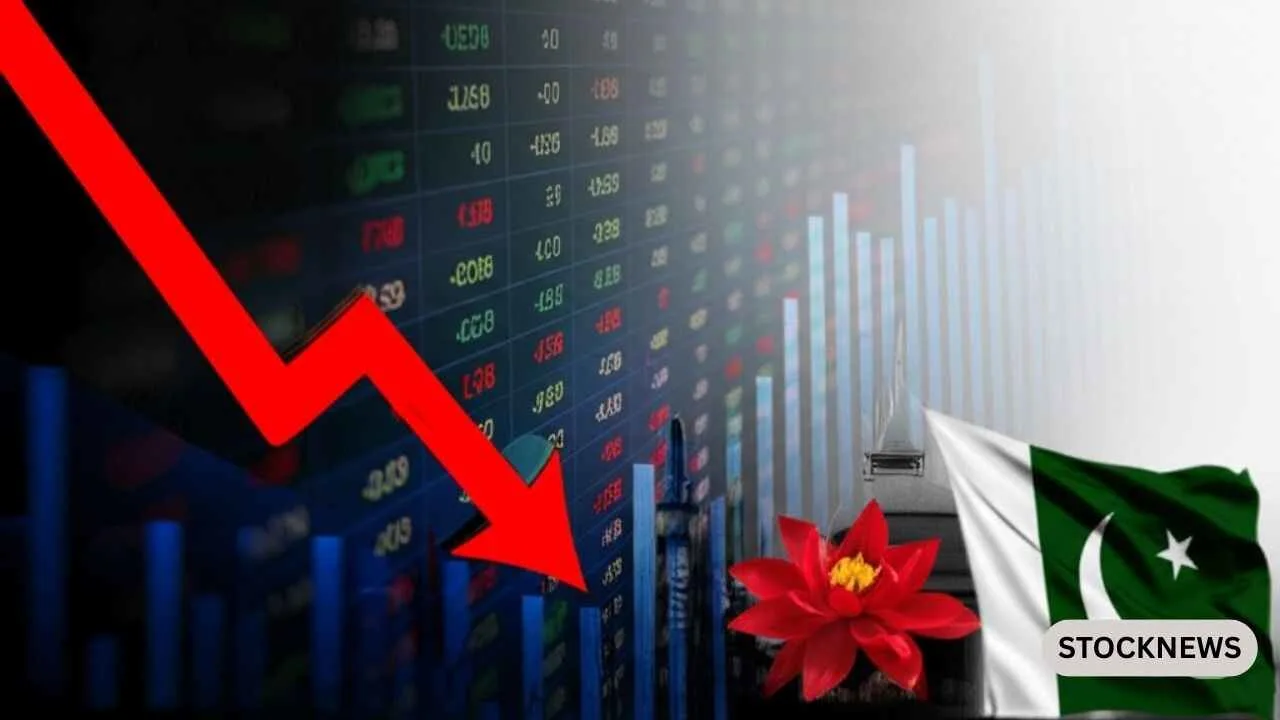In a day marked by uncertainty, the stock market witnessed a sudden dip, leaving investors perplexed despite a relatively minor overall drop in the Nifty index. The Nifty closed at 24,334, just 1.75 points lower than the previous day, but the sharp and rapid decline earlier in the session left many wondering what caused the abrupt shift.
For much of the day, the market traded within a narrow range, with the Nifty moving in a steady zone. However, late in the session, it experienced a sudden and sharp drop, hitting a low of 24,198 before closing slightly higher. The fast-selling activity that accompanied the decline hinted at underlying pressures—pressures that were not immediately clear from the broader market trends.
Nifty Bank and PSU Stocks Take the Brunt
As the market grappled with volatility, the Nifty Bank index was not spared. Despite closing 0.55% lower, the broader banking sector seemed poised to fare even worse. Among the hardest-hit were stocks in the Public Sector Undertaking (PSU) banks and the media sector, with significant selling pressure throughout the day.
Small-cap and mid-cap stocks also reflected the broader negative sentiment, with several sectors, including financials, facing notable declines. Many retail investors watching the market saw their portfolios take a hit, with some reporting losses of up to 2% or 3%.
Global Market Sentiment Mirrors Domestic Concerns
The global market landscape provided little respite for Indian traders. Futures for the Dow Jones were down, and markets in Japan, Hong Kong, South Korea, Germany, France, and Britain all closed in the red. Investors’ nerves were frayed as global equities followed the downward trend set by the domestic markets.
However, a more immediate and pressing factor behind the sell-off seems to be the escalating geopolitical tensions between India and Pakistan. The situation along the Line of Control (LoC) has grown increasingly tense, with reports of unprovoked ceasefire violations from both sides.
Geopolitical Tensions: A Shadow Over Markets
India’s warning to Pakistan over continuous LoC violations has added fuel to the fire. The defense establishment in India has voiced concern over Pakistan’s unprovoked actions, while diplomatic talks between the two nations have intensified. The Director Generals of Military Operations (DGMO) of both countries have reportedly engaged in discussions over a hotline, though tensions remain high.
Adding to the uncertainty, a senior Pakistani minister claimed that they had credible intelligence suggesting India might strike within the next 36 hours, escalating fears of military action. This announcement sent shockwaves through the markets, especially as both nations possess nuclear capabilities. Investors, understandably, are wary of any potential conflict, given the catastrophic implications of a military escalation between two nuclear-armed nations.
Flight Cancellations and Military Preparations Raise Alarm
The situation has only worsened with Pakistan’s decision to cancel several flights near strategic military zones, including six flights near Gilgit and Skardu. These cancellations, coupled with heightened military preparedness on both sides, have fueled fears of an imminent confrontation.
With tensions running high, both the Indian and Pakistani governments have ramped up their military and diplomatic meetings. The uncertainty surrounding these developments is casting a long shadow over market sentiment, with many wondering whether the situation will escalate further.

Market Outlook: Waiting for Clarity
Amid the market’s volatility, institutional investors have shown some resilience. The Foreign Institutional Investors (FII) and Domestic Institutional Investors (DII) have been active, with the former purchasing over ₹25,000 crore worth of stocks, while the latter bought roughly ₹1,792 crore in the same period. This consistent buying from DIIs, even amidst the market turmoil, suggests that institutional players may be positioning themselves for a longer-term recovery, though much will depend on how the geopolitical situation unfolds in the coming days.
The market remains on edge, with investors holding their breath as they await clarity on the geopolitical front. Will tensions between India and Pakistan lead to military action, or will diplomatic channels bring a resolution? The coming days will likely determine the direction of the market, but for now, caution remains the watchword.
As global and domestic tensions mount, market participants are advised to stay alert and prepare for continued volatility. The outlook remains uncertain, but one thing is clear: the world is watching closely, and so too are investors.
